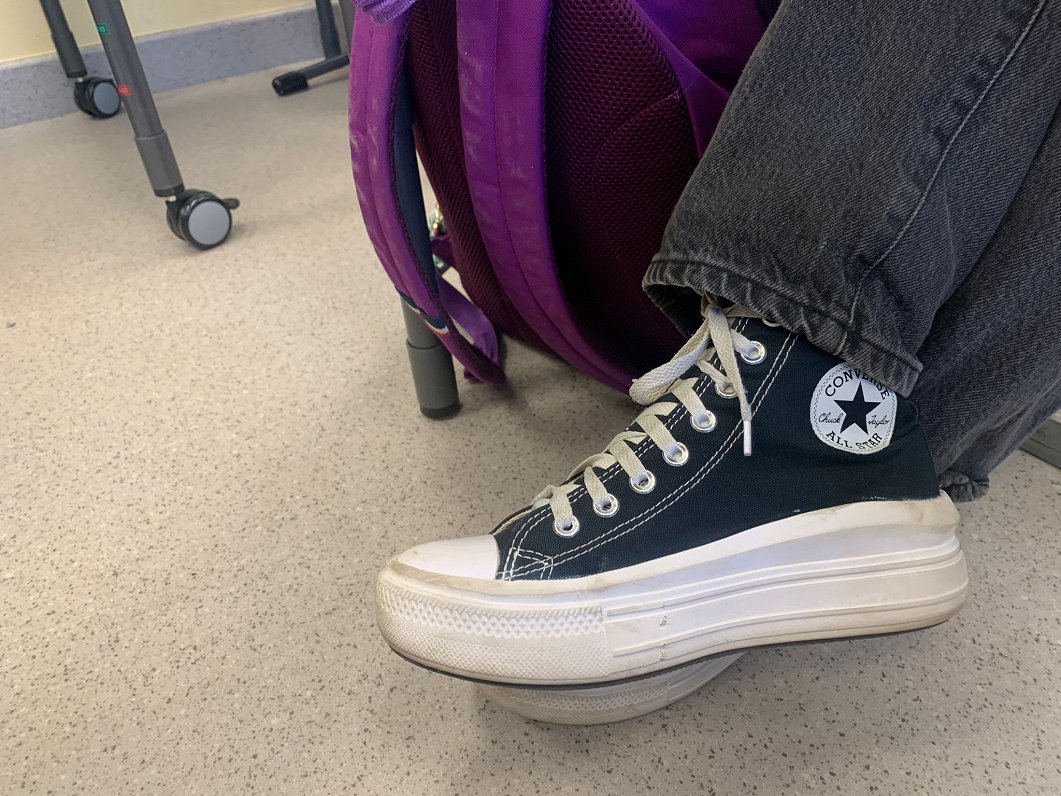Within the project, young people who are not studying, working, or registered with the State Employment Agency, along with project mentors, tried to understand what they wanted to do in the future, took different courses, and found internships or jobs.
The project was also recognized as a success by the European Commission, so funding has been allocated for a further six years.
Igors Kļaviņš has been working at the base of “Latvijas Autocelu Uzturetajs” (Latvian Road Maintenance) in Ludza for the fifth year since he obtained a tractor engineering driving license in the project “Proti un Dari”. He previously lived and worked abroad for about 8 years but wanted to return home. He was advised by friends to join the project.
'It was a motivation to come home. I already knew I wanted to work with machinery, but specifically in which industry I hadn't even imagined,” said Igors.
In the four-month program, Igors took various courses, attended a psychologist, regularly met his mentor, and trained to settle his license.
Igors was one of the first graduates of “Proti and Dari” in Ludza municipality, where the project was administered by the Ludza County Center for Children and Youth. The center's director Eleonora Obrumāne says more than 300 young people have joined the project in the five years since Ludza municipality started participating in the project, learning, for example, hairstylist, manicure, cook and other positions. If at first, it was difficult to find and attract young people, the number of participants has grown rapidly over time.
She has observed that previously many young people after high school traveled to seek happiness abroad, but that has changed in recent years.
“They're looking for exit points right here, a kick-off like that. Especially in rural areas, young people need to be helped,“ said Obrumāne.
In total, nearly 80% of young people involved in the project continue to work or study in Ludza municipality. The total statistics of Latvia with successful project graduates are slightly lower – approximately 70% or almost 3,600 young people from more than 5,100 involved.
“Also looking statistically at the situation, 57 percent of all young people involved in our project are young people from rural areas, 45 percent are young people with secondary school education or lower, and 28 percent are particularly disadvantaged young people, such as those with disabilities,” Raitis Imša, head of the Structural Funds Unit of the Youth International Programme Agency, described the situation.
The project has been recognized as successful and useful by both municipalities and the sponsor – the European Union, so a new cycle will be launched in 2024. In assessing what has been done, further emphasis will be placed on youth support persons or mentors, Imša said.
“'Mentors and program managers are the backbone of this project. Nothing could happen without them at all. We also have concrete examples where it was the mentors who actually managed to save the lives of some young people,” Imša said.
A further 2,250 young people are planned to be supported over the next six years for a total funding of 6.5 million over the entire period.






























